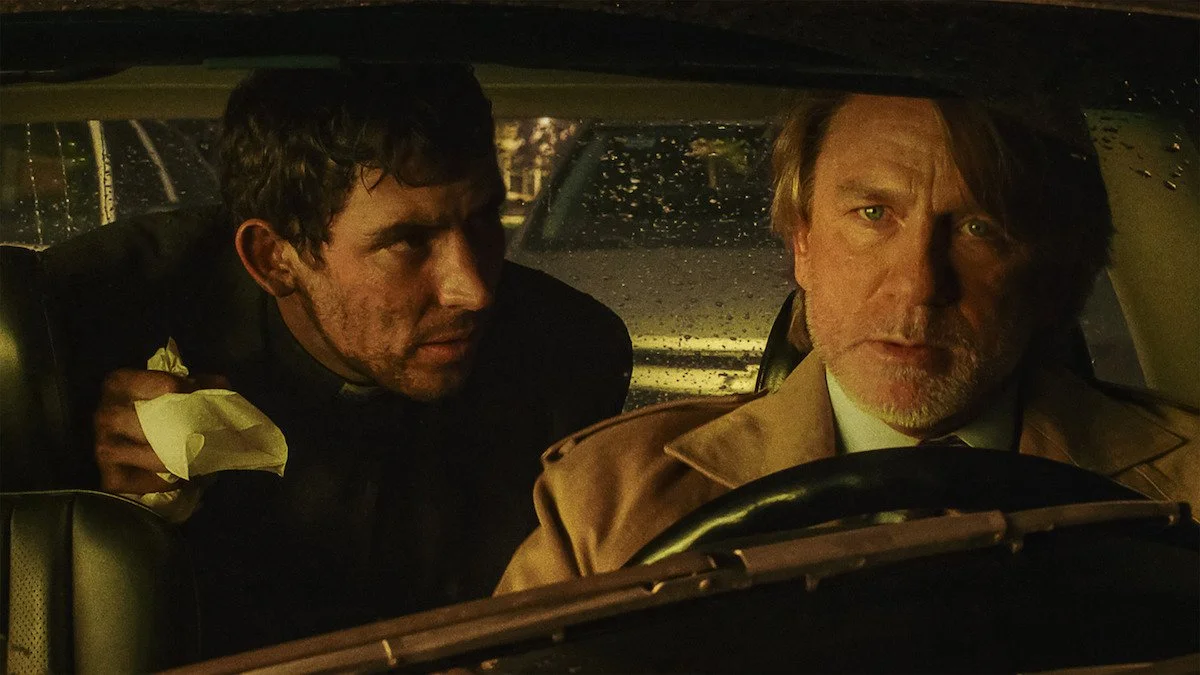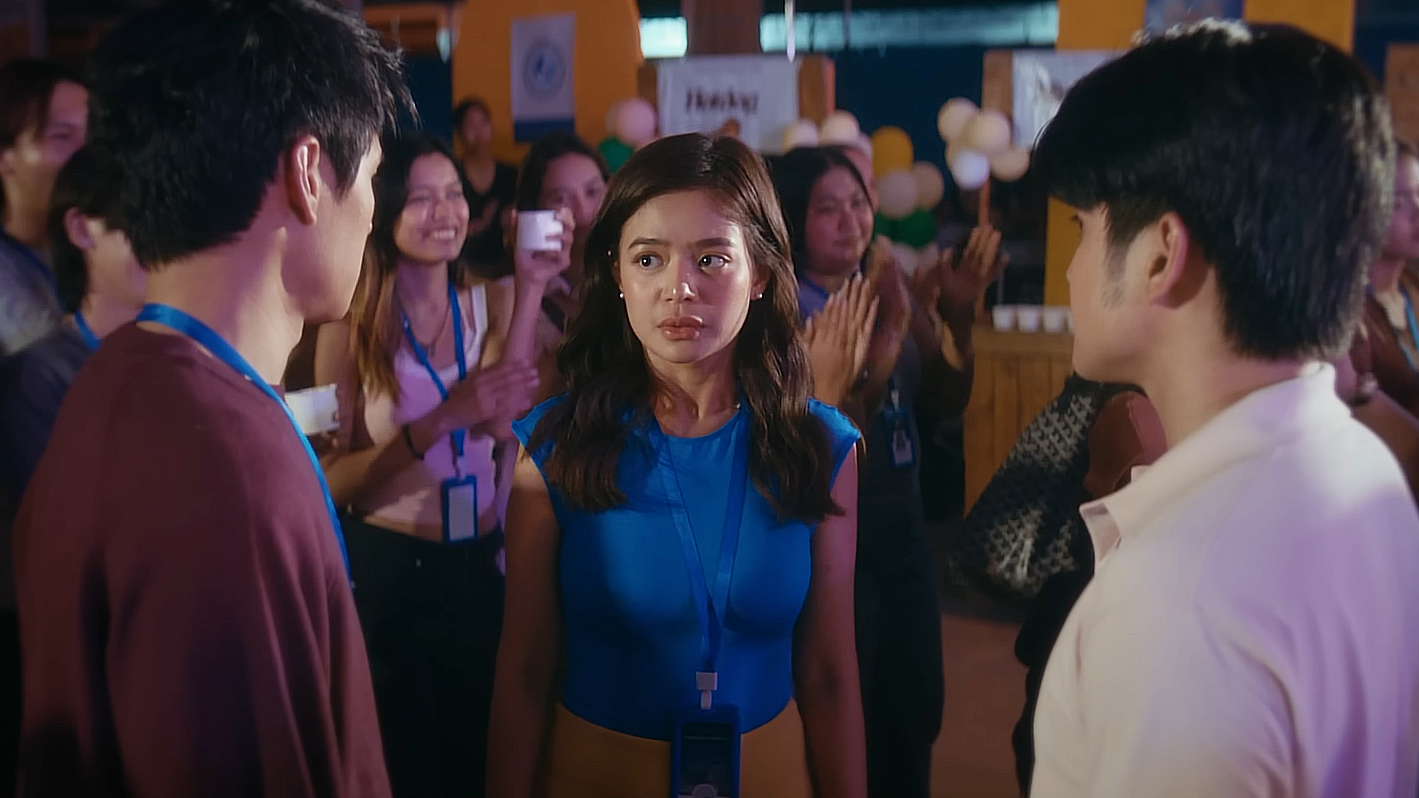‘Some Nights I Feel Like Walking’ REVIEW: A much-awaited homecoming
‘Some Nights I Feel Like Walking’ REVIEW: A much-awaited homecoming
Zion and Uno in Some Nights I Feel Like Walking | Still taken from SGIFF official website
I want to start by disclosing that Petersen Vargas was my professor in film school. He taught the foundational production course that term, notoriously known to BenildeFilm students as one of the most challenging units in our curriculum. Given this was roughly three years ago, the course was conducted virtually, so it was arguably more challenging and there were definitely some limitations when it came to peer collaboration and gaining production experience. However, as our professor, Vargas was very aware of these conditions, adapting to them by frequently sharing with us a more theoretical approach to producing and directing films and challenging us to execute them resourcefully.
As I got to watch more of his filmography over the years, it became evident to me that he ensured to practice what he preached. Whether due to budget constraints or creative strategies, he repeatedly told us that every scene must have a purpose. No flashback or dream sequences unless absolutely necessary. No film unless there is a solid, compelling story. This is exactly what the extended cut of Some Nights I Feel Like Walking proved to be.
Telling the story of a teenage boy who runs away from his wealthy family and joins a group of street hustlers to fulfill the wish of their late friend, the plot follows queer characters and their exploration of difficult truths and emotions, most notably navigating affection and coping with the death of a friend – both of which a traditional society criticizes when exhibited by men. They clearly try their absolute best at hiding their true desires and vulnerability, but somehow, as an audience, we just understand.
I know there are points in this cut that received some negative criticism, one of which being the dream sequence being unnecessary and spoonfeeding the audience, but I believe stepping into a character’s unconscious mind just felt so purposeful in its story. How else does one understand the true desires of someone the world has chosen to isolate? As characters who are silenced by society, neither self-expression nor self-discovery of these desires are welcome, therefore leaving us with the only means to understanding them – the unconscious mind – a metaphysical space with no judgment, hesitation, or threat. Whereas, in the real world, they cannot speak; they cannot afford to spend time exploring their inner selves if it means getting caught off guard with what is hurting them in the real world.
This film carries so much both internally and externally. An uncut version transformed a packed cinema into such an intimate space. As Zion (Miguel Odron), the runaway, and Uno (Jomari Angeles), the leader among the hustlers, lock eyes and exchange deep breaths, a thousand words are left unspoken but still heard. This all happens in a small province that takes on its own life, one that gives them no money, no protection from the dangers that surround them – but there’s nowhere else for them to run. So, they walk, trudging against whatever society throws their way, and they do it together.
Some Nights I Feel Like Walking masterfully builds a world of contrast – one with so much noise but such powerful silence, one illuminated with fire and urban lights but consumed by widespread darkness. The mise-en-scene speaks for itself. All of these elements combined gradually redefines society’s understanding of family, painting it not as communities we are born into but rather communities we often have to find ourselves.
What I can say is, thankfully catching the R-18 cut during its limited screenings, this phenomenon extended beyond the screen, manifesting in those in attendance. Everyone was excited for this film to return home. The embraces and tears exchanged between not just the audience but even Vargas himself – this was the queer community and its allies finding community in modern Philippine Cinema.
‘Some Nights I Feel Like Walking’ is now showing in cinemas.














